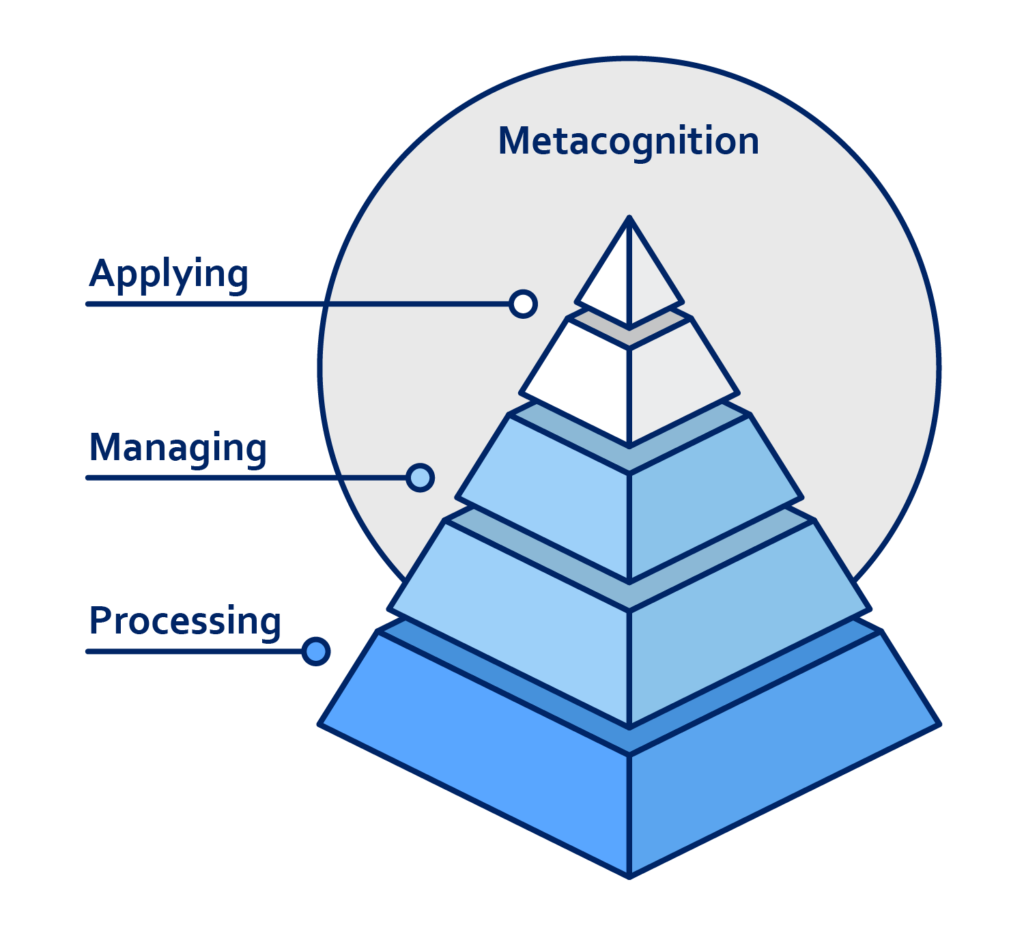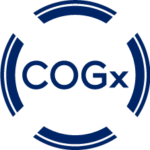Learner Profile
Skills Assessment
Learner Profile
Measuring a student’s readiness or ability to learn is invaluable for those supporting a learner’s success. We believe these should be universally accessible. COGx Learner Profile collects insights from inventories, a metacognitive awareness assessment, and a clinical cognitive assessment to reveal a learner’s cognitive strengths and areas of growth. These insights identify where learning may be enhanced for an individual.
- 12 hours
- Synchronous + Asynchronous
Why a COGx Learner Profile?

Each of us has a unique profile that impacts how effectively we learn. It is invaluable to a student’s success that those involved in their learning have a better understanding of the learner’s profile. When educators know the root causes of their students’ learning issues, they can appropriately accommodate the curriculum and personalize support. When parents understand the root causes of their child’s learning issues, they can find the appropriate interventions and supports. When learners are aware of root causes of their own learning issues, they can work to build the necessary skills to succeed. The COGx Learner Profile empowers educators, learners, and their families with the information necessary to target cognitive skills, address achievement gaps, and mitigate learning loss.
COGx Learner Profile Sources
Assessment 1
COGx Inventories
(15 min)
- Three critical perspectives: the learner + two others (educator + parent)
- Provides insights on the learner’s cognitive skills
- Produces subjective data on how the learner’s skills present
Assessment 2
Metacognitive Awareness Inventory (MAI)
(15 min)
- Generates a clinical measurement of metacognitive knowledge and regulation
- Metacognitive strategies have a significantly positive impact on student outcomes (Hattie, 2012; Bjork et al., 2013).
Assessment 3
Clinical Mindprint Cognitive Assessment
(60 min)
- Set of short tests that are administered online
- Measures various cognitive skills
- Scientifically valid, standardized assessment providing normed percentile scores
- Recognized by many including Forbes, ETS, and Education Week
In combination, the inventories, metacognitive assessment, and clinical cognitive assessment provide a holistic picture of both subjective and objective data about the learner including:
Metacognitive Skills
- Involve an awareness and control over one’s own learning process.
- Metacognitive knowledge and regulation provide a comprehension of the individualized learning process and the ability to monitor and control related behaviors.
Applying Skills
- Refers to a learner’s ability to store and retrieve information.
- Encoding and retrieving long-term memories is how we accumulate knowledge and apply what we know in order to think critically and creatively.
Managing Skills
- Facilitate the ability to monitor the learning process and monitor goal-directed behavior.
- Motivation, planning, processing-regulation, emotional-regulation, self-monitoring, and self-regulation are necessary skills in achieving learning goals.
Processing Skills
- Help us receive, hold, and make sense of information.
- Attention, working memory, and processing speed work interdependently to integrate information, which is a critical first step in learning.

Evidence Base - Importance of Learner Profile & Predictive Power on Learning Success:
Learner Requirements
- Age 8 – 21
- 2nd grade or higher English reading proficiency
- Can themselves, or with adult support, answer online surveys
- Has two others (e.g., guardians and/or teachers) who can fill out an online survey
- Can follow simple, multi-step instructions independently
- Has vision to read the screen independently
- Has an available adult to administer Step 5 (see Process)
- Has access to a desktop or laptop computer, external mouse, speakers, and over-the-ear headphones

